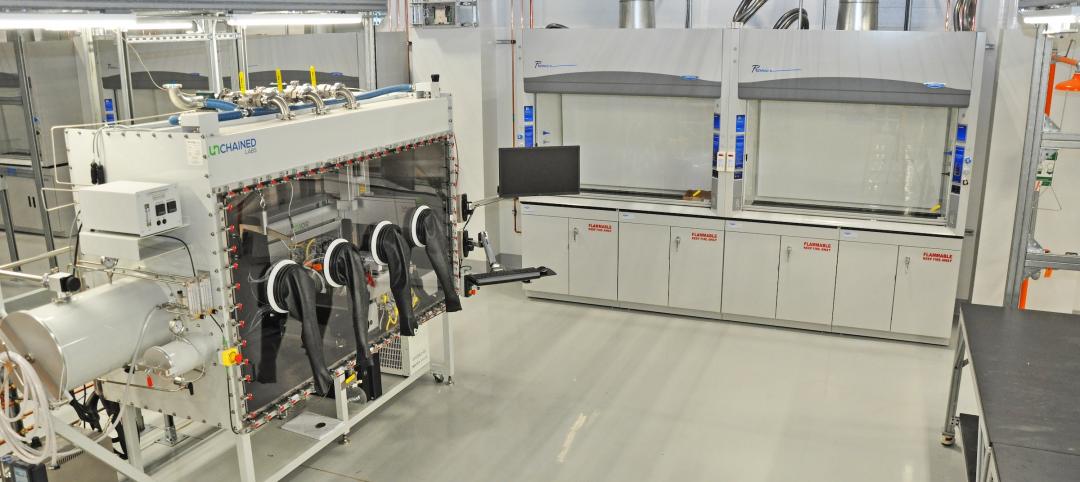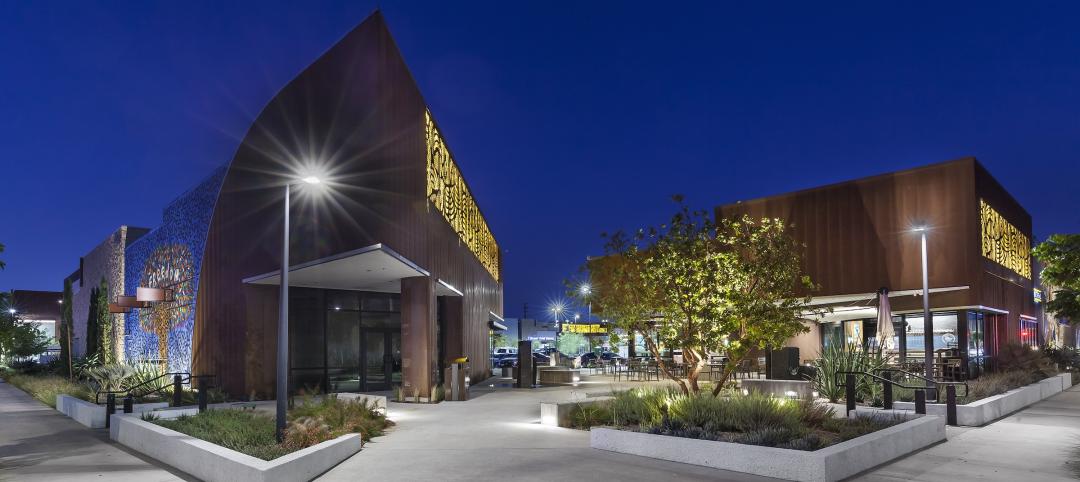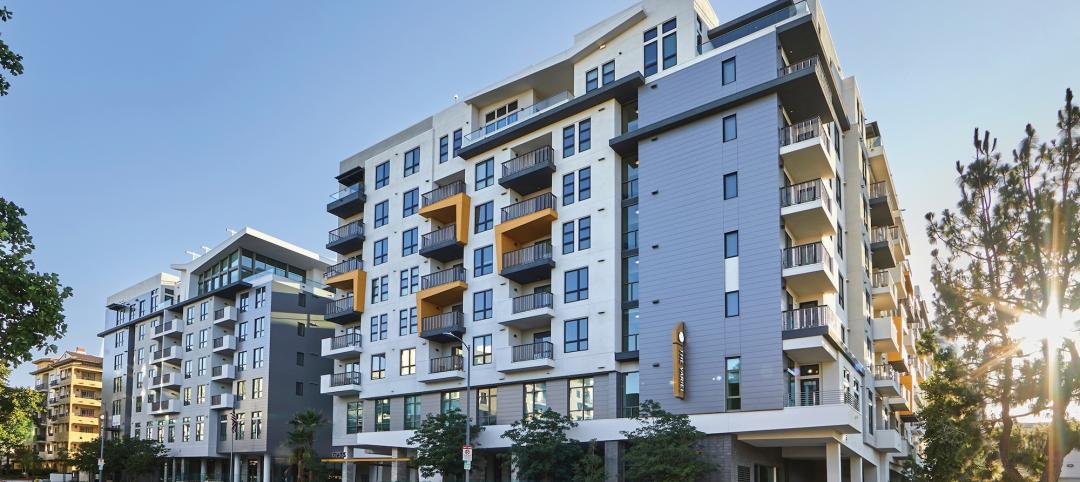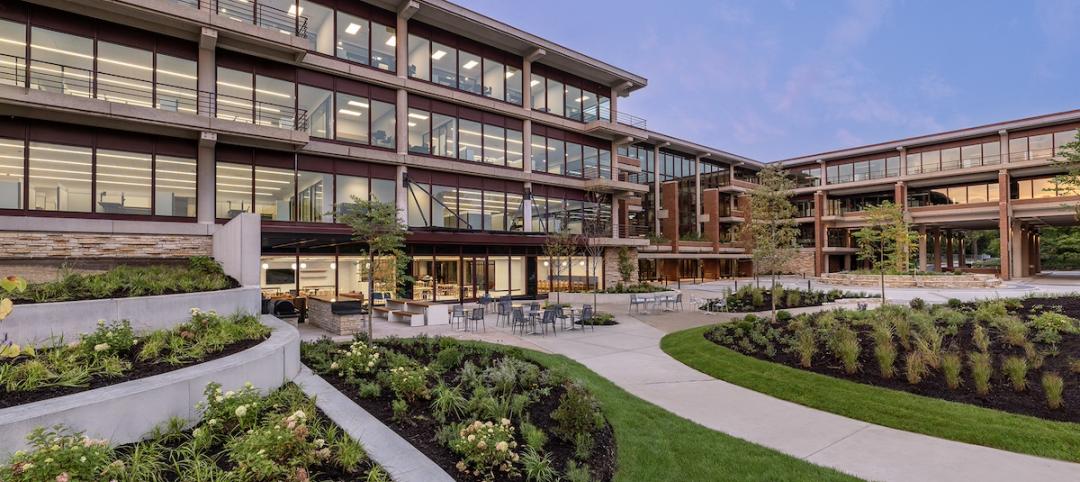You may be violating an employment law just by trying to be nice to your employees, says a new report.
The California Chamber of Commerce has produced a white paper cataloging the top 10 mistakes most likely to get a company sued. While a few of the laws cited apply specifically to California, some of them are federal and may apply in your state.
The report observes: "Employers may unintentionally violate employment laws simply by trying to provide some flexibility for an employee, save money for the company or just be nice."
Here are the top 10 mistakes:
1. Classifying all employees as exempt, whether they are or not
It may be easier to pay someone a salary rather than figure out overtime, meal breaks, rest breaks and the like. The time (and money) you save on bookkeeping is a false economy, however, since you could pay big time in penalties or a lawsuit. (See the report for more specifics.)
2. Letting employees work through lunch so they can take off early
A non-exempt employee is required to be given a 30-minute meal break, plus a 10-minute break for every four hours worked. If you deny one or the other, you owe the person an extra hour's wages; if you deny both in the same day, you owe an additional two hours. The wages must be paid during the pay period in which it's missed. The employee cannot waive his or her right to the breaks.
3. Making everyone an "independent contractor" because having employees is too much trouble
The report notes that contractors are happy until one of the following comes up: workers' compensation, unemployment insurance, state disability insurance or paid family leave benefits. Avoid these legal spiderwebs by determining who is and who isn't a contractor.
4. Not providing training about harassment and discrimination to managers and supervisors
Don't assume your employees won't need the information. Avoid lawsuits by providing the basic sexual harassment training required by law.
5. Letting employees decide which, and how many, hours they want to work each day
Most employees are restricted by law regarding the number of hours they can work without needing to be paid overtime. If you are allowing longer workdays for four-day workweeks, there are rules that need to be followed. Check with your state laws for specifics.
6. Terminating any employee who takes a leave of absence
From the report: "Employees have legal protection when they are away from work for various reasons, including workers' compensation, disability, pregnancy, family and medical leave, military leave, jury duty and many more."
7. Withholding an employee's final check if they fail to return company property
You may think you can withhold money while you wait for an employee to return a computer or a cellphone, but think again. Some states have laws that require you hand over the check the minute the words "you're fired" come out of your mouth. And if an employee quits and gives more than 72 hours notice, the check must be ready on his or her last day. The penalties start accruing from the moment the check is late-one day of wages for every calendar day of delay.
8. Providing loans to employees and deducting the money from their paycheck each pay period
This seems perfectly fine, doesn't it? Except most state labor codes permit only paycheck deductions authorized by law and those authorized by the employee for health insurance or other benefits. No other deductions are permitted. If you're making a loan, you should have the employee sign a promissory note and a lawyer review it.
9. Using noncompete agreements to protect confidential information
Many employers force employees to sign these agreements to protect business secrets, customer lists, and pricing information and to prevent employees from working for the competition. Essentially, you can't force your employee to stay with you, nor can you prevent him or her from making a living.
10. Implementing a "use it or lose it" vacation policy and avoid paying out all the money at termination
Accrued vacation is a form of wages and cannot be denied. You can stop an employee from accruing vacation beyond a "reasonable" amount, but you cannot take away what he or she has already earned. What is considered a "reasonable" cap? Generally 1.5 to two times the annual accrual, says the report.
Have you suffered any consequences from doing any of these things?
--
Courtney Rubin is a business writer and contributing editor to Inc. magazine.
Related Stories
Architects | Mar 8, 2024
98 architects elevated to AIA's College of Fellows in 2024
The American Institute of Architects (AIA) is elevating 96 member-architects and 2 non-member-architects to its College of Fellows, an honor awarded to architects who have made significant contributions to the profession. The fellowship program was developed to elevate architects who have achieved a standard of excellence in the profession and made a significant contribution to architecture and society on a national level.
Sports and Recreational Facilities | Mar 7, 2024
Bjarke Ingels’ design for the Oakland A’s new Las Vegas ballpark resembles ‘a spherical armadillo’
Designed by Bjarke Ingels Group (BIG) in collaboration with HNTB, the new ballpark for the Oakland Athletics Major League Baseball team will be located on the Las Vegas Strip and offer panoramic views of the city skyline. The 33,000-capacity covered, climate-controlled stadium will sit on nine acres on Las Vegas Boulevard.
Adaptive Reuse | Mar 7, 2024
3 key considerations when converting a warehouse to a laboratory
Does your warehouse facility fit the profile for a successful laboratory conversion that can demand higher rents and lower vacancy rates? Here are three important considerations to factor before proceeding.
Shopping Centers | Mar 7, 2024
How shopping centers can foster strong community connections
In today's retail landscape, shopping centers are evolving beyond mere shopping destinations to become vibrant hubs of community life. Here are three strategies from Nadel Architecture + Planning for creating strong local connections.
Market Data | Mar 6, 2024
Nonresidential construction spending slips 0.4% in January
National nonresidential construction spending decreased 0.4% in January, according to an Associated Builders and Contractors analysis of data published today by the U.S. Census Bureau. On a seasonally adjusted annualized basis, nonresidential spending totaled $1.190 trillion.
MFPRO+ Special Reports | Mar 6, 2024
Top 10 trends in senior living facilities for 2024
The 65-and-over population is growing faster than any other age group. Architects, engineers, and contractors are coming up with creative senior housing solutions to better serve this burgeoning cohort.
Architects | Mar 5, 2024
Riken Yamamoto wins 2024 Pritzker Architecture Prize
The Pritzker Architecture Prize announces Riken Yamamoto, of Yokohama, Japan, as the 2024 Laureate of the Pritzker Architecture Prize, the award that is regarded internationally as architecture’s highest honor.
Office Buildings | Mar 5, 2024
Former McDonald’s headquarters transformed into modern office building for Ace Hardware
In Oak Brook, Ill., about 15 miles west of downtown Chicago, McDonald’s former corporate headquarters has been transformed into a modern office building for its new tenant, Ace Hardware. Now for the first time, Ace Hardware can bring 1,700 employees from three facilities under one roof.
Green | Mar 5, 2024
New York City’s Green Economy Action Plan aims for building decarbonization
New York City’s recently revealed Green Economy Action Plan includes the goals of the decarbonization of buildings and developing a renewable energy system. The ambitious plan includes enabling low-carbon alternatives in the transportation sector and boosting green industries, aiming to create more than 12,000 green economy apprenticeships by 2040.
Lighting | Mar 4, 2024
Illuminating your path to energy efficiency
Design Collaborative's Kelsey Rowe, PE, CLD, shares some tools, resources, and next steps to guide you through the process of lighting design.

















